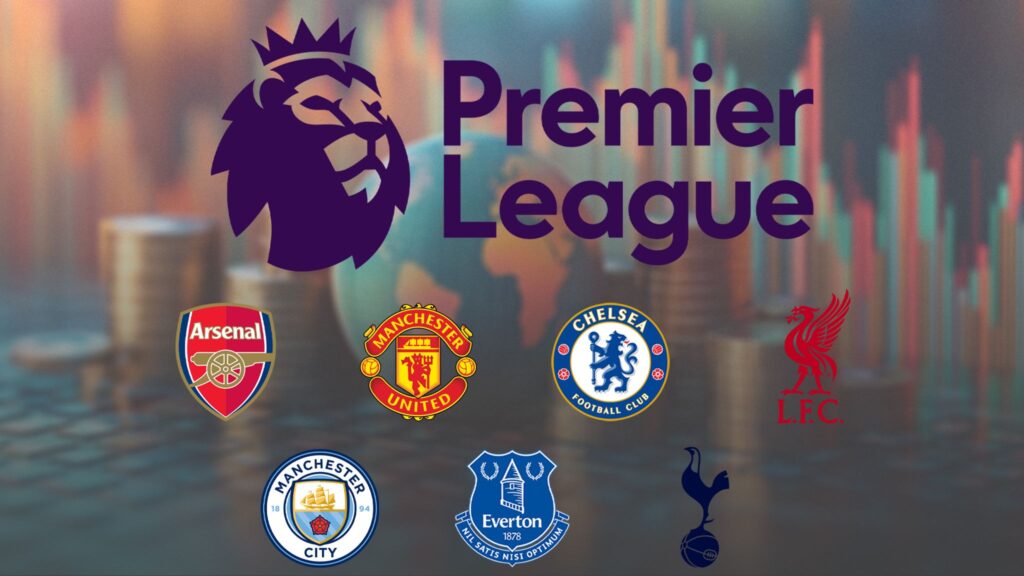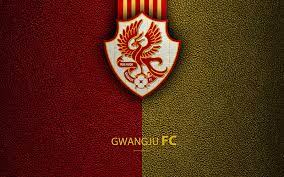
Premier League
Moreover, it provides a platform for social change. Initiatives aimed at promoting diversity, inclusion, and anti-racism within football are increasingly gaining traction. The Premier League is not merely a competition; it has become a catalyst for broader societal progress, inspiring conversations and actions that extend far beyond the realm of sports 88clb.
The Competitive Nature of the Premier League
The hallmark of the Premier League is its unparalleled level of competition, where any team can defeat another on any given day. This unpredictability not only thrills fans but also challenges clubs to constantly evolve and innovate casino 88clb.
The Big Six and Their Rivalries
The concept of the ‘Big Six’ is often discussed when analyzing the competitive landscape of the Premier League. These clubs—comprising Arsenal, Chelsea, Liverpool, Manchester City, Manchester United, and Tottenham Hotspur—have historically dominated the league, both in terms of titles won and commercial revenue generated.
This rivalry breeds intense matches, characterizing fixtures known as ‘derbies.’ For example, the North West Derby between Liverpool and Manchester United is laden with historical significance, while the North London Derby between Arsenal and Tottenham brings out fierce passions among supporters. Each match is not just about points; it encapsulates pride and legacy, intertwining football with local culture.
Mid-Table Battles
While much focus is placed on the top-tier clubs, the Premier League thrives on the battles in the mid-table and relegation zones. Clubs such as Leeds United, Nottingham Forest, and Fulham often find themselves in heated contests for survival, showcasing the depth of talent across the league.
The fight for survival introduces dramatic storylines, where relegated teams face significant financial repercussions, affecting everything from player contracts to the future viability of the club. Fans rally behind their teams during this tumultuous phase, creating an electrifying atmosphere in stadiums filled with hope and anxiety.
The Role of Promoted Teams
Promoted teams are vital to the competitive fabric of the Premier League. Each season, new clubs enter the fray, bringing fresh talent and unique playing styles. The battle they face upon promotion is twofold: securing their place in the league while adapting to the demands of top-flight football.
Take teams like Brentford or Sheffield United, which have made notable impressions in their return to the Premier League. Their journeys highlight not just the excitement of promotion but the grit and determination necessary to succeed against established giants.
The Tactical Revolution
In recent years, the tactical landscape of the Premier League has undergone a paradigm shift. Managers like Pep Guardiola, Jürgen Klopp, and Thomas Tuchel have introduced innovative approaches that emphasize possession-based football, counter-pressing, and high-intensity play.
Guardiola’s Manchester City, for example, epitomizes a modern tactical approach that prioritizes fluid passing and positional play. Meanwhile, Klopp’s gegenpressing philosophy has reinvigorated Liverpool, encouraging players to win the ball back immediately after losing it.





